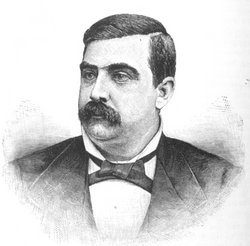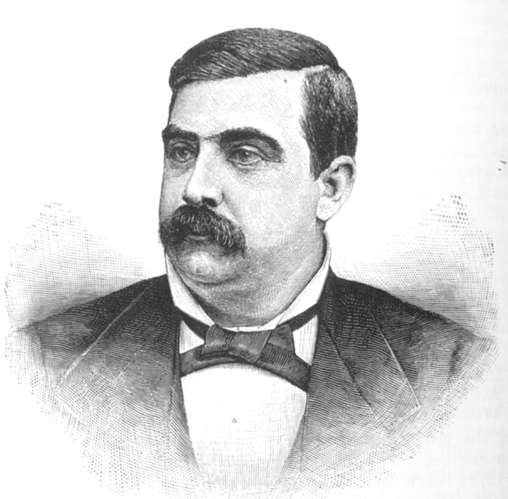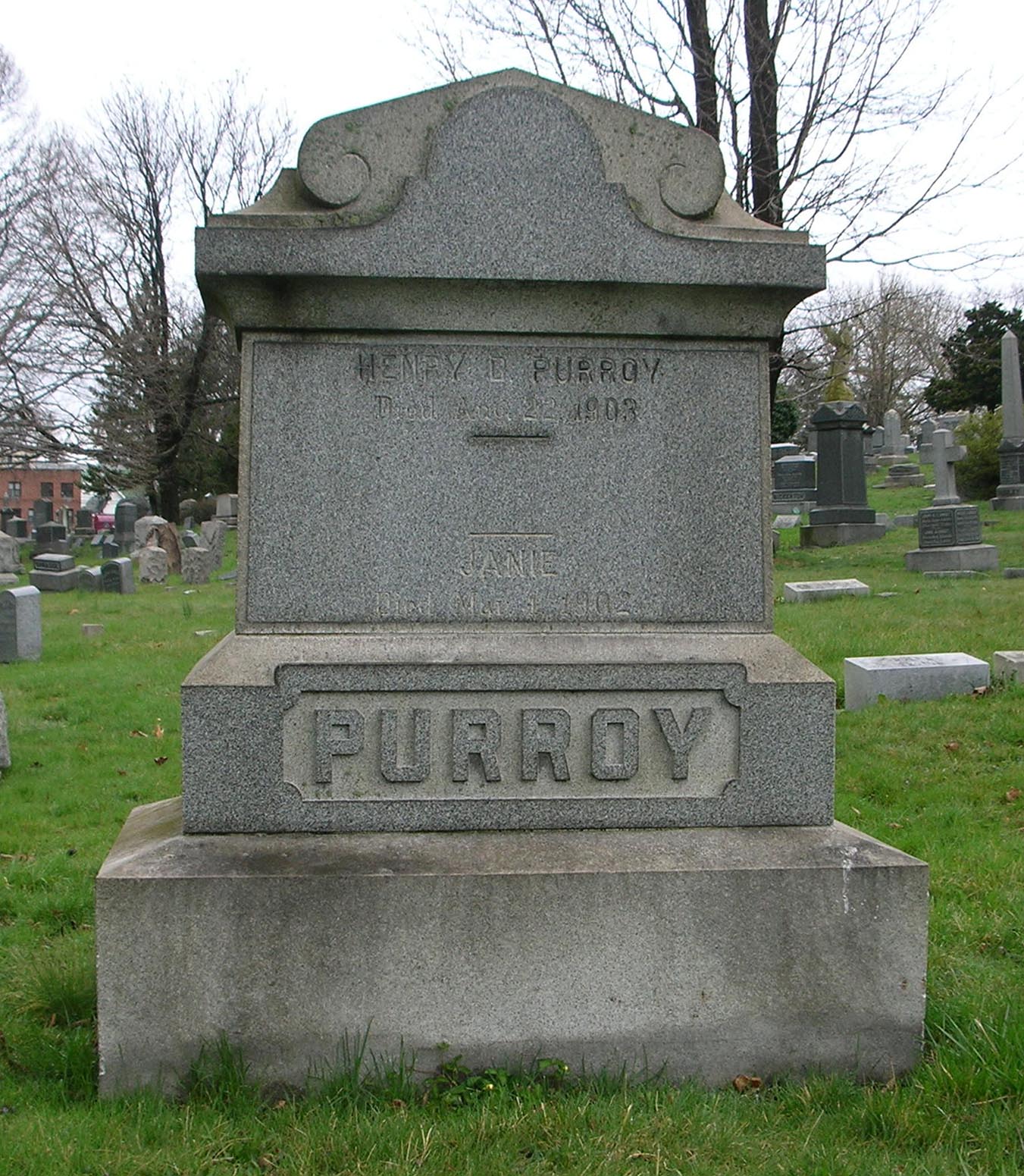Purroy was appointed to the Board of Fire Commissioners in 1881 and elected President of the Fire Department in 1885. He introduced many improvements into the Department, among them the establishment (two years prior to the Civil Service Act) of a School of Probation of applicants before appointment as firemen, the organization of the Life Saving Corps, the remodeling of the fire houses, and the building of the fireboat Zophar Mills. In 1886 he was sent by the Board to visit major cities in Europe to observe and report on "their method of appointment, tenure of office, organization, discipline, apparatus and water supply for fire extinguishing purposes."
Immediately upon his return from Europe he was met by controversy. When Second Assistant Chief John McCabe arrived at a three-alarm fire on Third Avenue and 125th Street, he immediately announced a Borough Call, moving all apparatus from Fourteenth Street north, thereby leaving a large portion of the city without fire protection. Charges were preferred by Chief Charles O. Shay and Commissioners Purroy and Smith moved to suspend McCabe. The suspension was challenged in court; McCabe prevailed and he was re-instated much to the dissatisfaction of the Board. Purroy resigned from the Board in 1893.
Commissioner Purroy's brother, Charles, who was with him when he died, was a 24-year member and former Acting Chief of the FDNY. They were both uncles of John Purroy Mitchel, Mayor of New York City from 1914 to 1917. Mayor Mitchel, the youngest to ever hold the office, enlisted in the Army Air Corps after a failed bid at re-election. He died in a flying accident while on duty. An FDNY fireboat was named in his memory.
On August 22, 1903, Mr. Purroy and his brother were at their summer cottage in Saratoga, New York and had just returned there from a carriage ride to the White Sulphur Spring. Henry complained of feeling faint and laid down to rest. Four hours later was dead. His funeral was held at St. Francis Xavier Church in Manhattan and he was buried along with his wife Jane (who died on March 1, 1902).
Purroy was appointed to the Board of Fire Commissioners in 1881 and elected President of the Fire Department in 1885. He introduced many improvements into the Department, among them the establishment (two years prior to the Civil Service Act) of a School of Probation of applicants before appointment as firemen, the organization of the Life Saving Corps, the remodeling of the fire houses, and the building of the fireboat Zophar Mills. In 1886 he was sent by the Board to visit major cities in Europe to observe and report on "their method of appointment, tenure of office, organization, discipline, apparatus and water supply for fire extinguishing purposes."
Immediately upon his return from Europe he was met by controversy. When Second Assistant Chief John McCabe arrived at a three-alarm fire on Third Avenue and 125th Street, he immediately announced a Borough Call, moving all apparatus from Fourteenth Street north, thereby leaving a large portion of the city without fire protection. Charges were preferred by Chief Charles O. Shay and Commissioners Purroy and Smith moved to suspend McCabe. The suspension was challenged in court; McCabe prevailed and he was re-instated much to the dissatisfaction of the Board. Purroy resigned from the Board in 1893.
Commissioner Purroy's brother, Charles, who was with him when he died, was a 24-year member and former Acting Chief of the FDNY. They were both uncles of John Purroy Mitchel, Mayor of New York City from 1914 to 1917. Mayor Mitchel, the youngest to ever hold the office, enlisted in the Army Air Corps after a failed bid at re-election. He died in a flying accident while on duty. An FDNY fireboat was named in his memory.
On August 22, 1903, Mr. Purroy and his brother were at their summer cottage in Saratoga, New York and had just returned there from a carriage ride to the White Sulphur Spring. Henry complained of feeling faint and laid down to rest. Four hours later was dead. His funeral was held at St. Francis Xavier Church in Manhattan and he was buried along with his wife Jane (who died on March 1, 1902).
Family Members
Sponsored by Ancestry
Advertisement
Explore more
Sponsored by Ancestry
Advertisement




